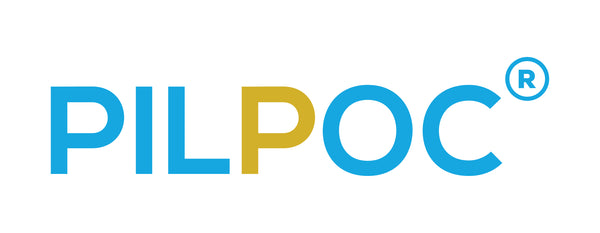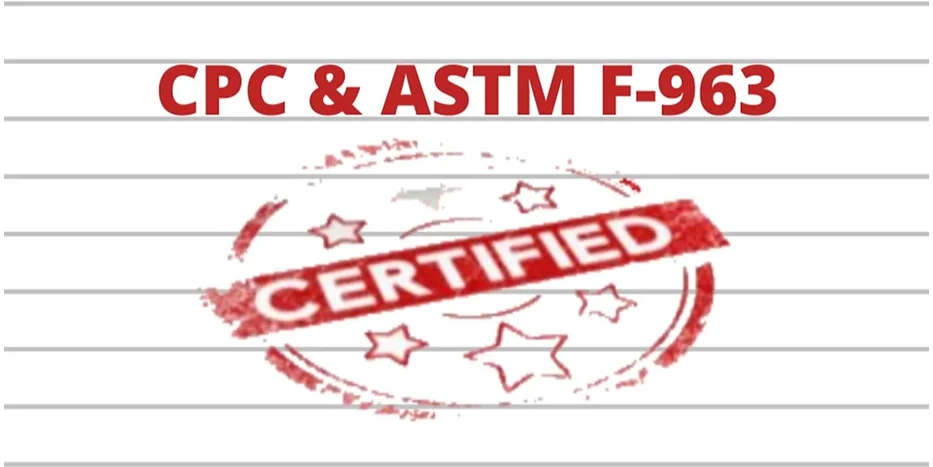What is CPC (Children's Product Certificate)?
CPC (Children's Product Certificate) originate from the mandatory regulation CPSIA (The Consumer Product Safety Improvement Act). The regulation require a written certification should be issued, in which the manufacturer or importer certifies that its children's product complies with all applicable children's product safety rules based upon the passing test results performed by a CPSC-accredited third party lab.
The Consumer Product Safety Improvement Act (CPSIA) applies to all children’s products for children of 12 years or younger in the united states. The CPSIA requires all such products are tested by a third-party testing company approved by the Consumer Product Safety Commission (CPSC). That said, the CPSIA is not a safety standard, but requires that the importer or the domestic US manufacturer ensure that the product is compliant with all applicable ASTM standards, such as ASTM F963 – Standard Consumer Safety Specification for Toy Safety.
The ASTM F963 standard incorporates relevant safety measures already required under federal law and includes additional guidelines and test methods to prevent injuries from choking, sharp edges and other potential hazards.
ASTM F963 and other relevant standards cover various aspects of product safety, such as:
- Substance restrictions: Lead, mercury, and other chemicals and heavy metals
- Physical properties: Sharp edges, loose parts, etc.
- Flammability
See our products here.

